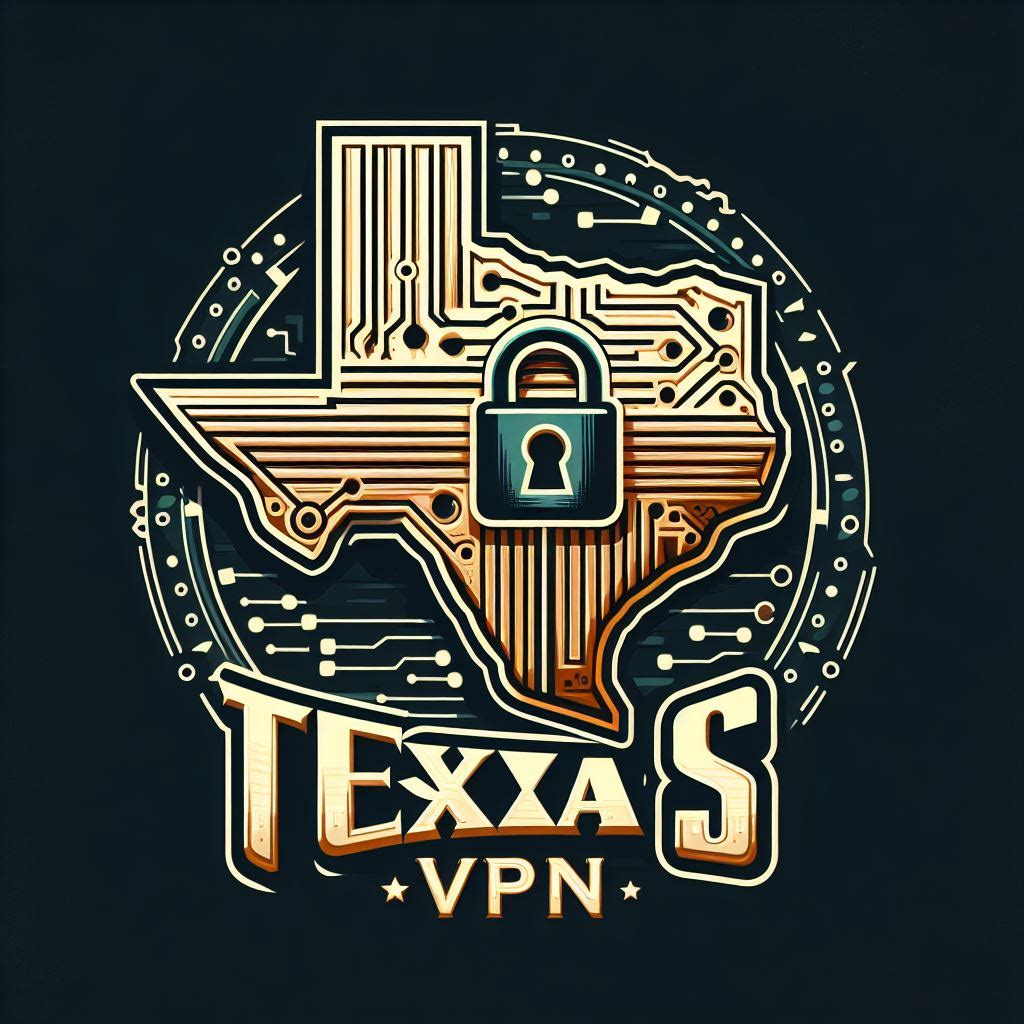While Virtual Private Networks (VPNs) play a crucial role in protecting your online privacy, they are not a panacea. To truly safeguard your digital life, it’s essential to adopt a holistic approach to privacy. This involves using a combination of tools and practices that enhance your security posture beyond what a VPN alone can offer. This article explores additional measures you can take to protect your privacy online.
Secure Web Browsers
Switching to a privacy-focused web browser is a foundational step in minimizing your digital footprint. Browsers like Brave, Mozilla Firefox (with privacy settings adjusted), and Tor Browser are designed to block trackers, ads, and other forms of surveillance that standard browsers might overlook. These browsers also offer various privacy-enhancing plugins and features, making it harder for websites to track your activities.
Search Engine Privacy
Your search history can reveal a lot about you. Opting for search engines that prioritize user privacy, such as DuckDuckGo or Startpage, can prevent your queries from being logged and used to build a profile on you. These search engines do not track your searches or link them to a personal identity.
Encrypted Messaging Apps
Communication privacy is paramount, especially in an era where surveillance and data breaches are rampant. Using encrypted messaging apps like Signal, Telegram (secret chat feature), or WhatsApp, ensures that your conversations are secure and only accessible to you and the person you’re communicating with. These apps use end-to-end encryption, meaning not even the service providers can access your messages.
Secure Email Services
Email is a common vector for privacy invasions and phishing attacks. Switching to secure email providers like ProtonMail or Tutanota, which offer end-to-end encryption, can protect your email contents from prying eyes. These services also typically don’t track your emails for advertising purposes, unlike some mainstream providers.
Two-Factor Authentication (2FA)
Adding an extra layer of security to your online accounts, 2FA requires a second form of verification beyond just a password — typically a code sent to your phone or generated by an app. This significantly reduces the risk of unauthorized access, even if someone discovers your password.
Antivirus and Anti-Malware Software
Even with cautious online behavior, there’s always a risk of encountering malicious software. A robust antivirus and anti-malware solution can protect your devices from threats, including spyware that tracks your activities and steals personal information.
Regular Software Updates
Keeping your operating system and all applications up to date is crucial for security. Many updates include patches for security vulnerabilities that could be exploited to compromise your privacy.
Digital Minimalism
The less information you share online, the less there is to be stolen or misused. Practice digital minimalism by limiting the personal information you share on social media and other websites. Adjust your privacy settings on these platforms to restrict who can see your information.
Conclusion
A VPN is a powerful tool for enhancing your online privacy, but it should be part of a broader privacy strategy. Incorporating secure browsers, encrypted communication apps, privacy-respecting search engines, and other privacy tools can significantly strengthen your digital security. Coupled with mindful online practices, these measures form a comprehensive shield, safeguarding your data and activities from various threats.

Leave a Reply